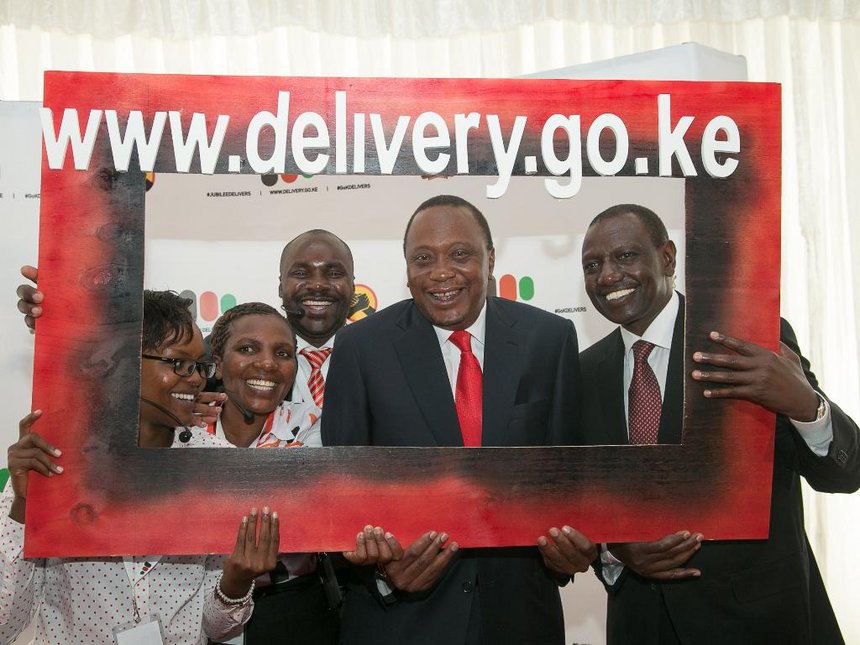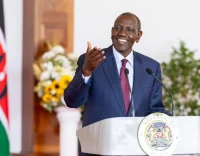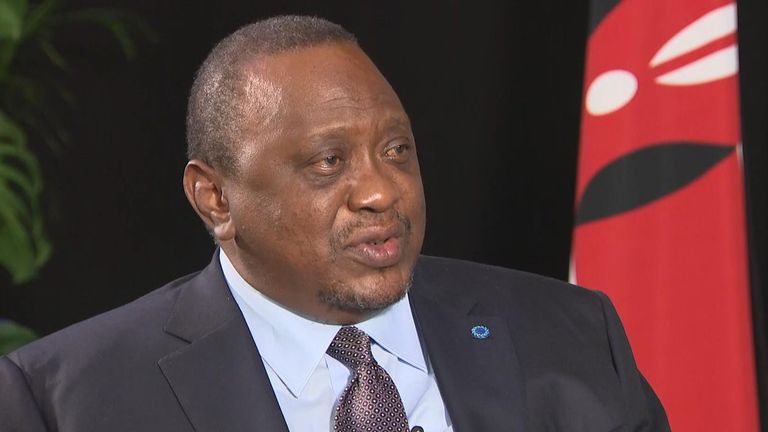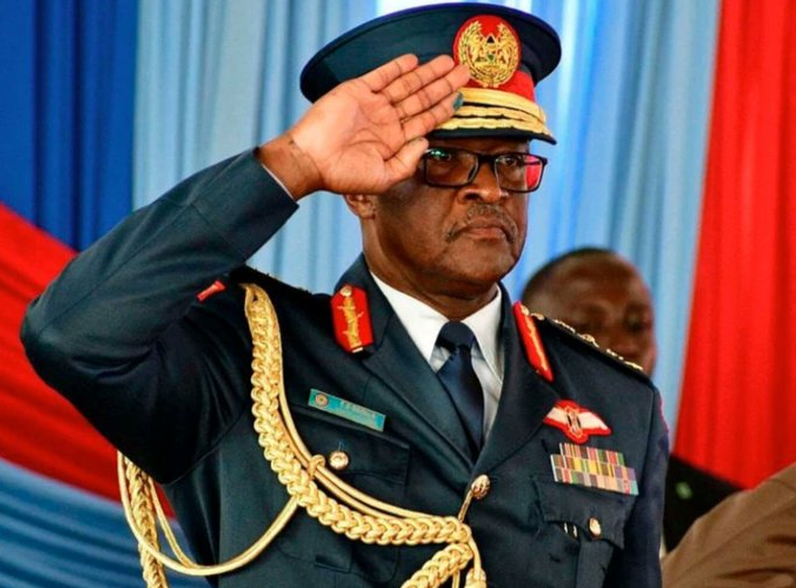[dropcap]O[/dropcap]ne of the units expected to play a key role in the attainment of President Uhuru Kenyatta’s Big Four – Food Security, Affordable Housing, Manufacturing and Healthcare – is the President’s Delivery Unit.
Tasked with monitoring the implementation of Jubilee projects, PDU is the eye of the President in overseeing timely completion of development projects.
Its success will have a direct impact on the President’s legacy and hence the need for relevant and skilled personnel to drive its agenda.
Recently, PDU was in the news following reports that 45 people had been hired after the expiry of the contracts of the team hired in 2015.
Those hired include corporate figures, politicians, newsmen and bloggers. The new employees are expected to help the President deliver on the Big Four agenda.
But the million dollar question many Kenyans are asking is: Does the new team include project management, monitoring and evaluation experts to ensure efficient and timely delivery of services?
This question is relevant given the critical role the team is expected to play. One of the major tasks it must undertake is to interrogate the various economic blueprints so as to identify and deliberate on policy issues to provide feasible recommendations to the President that will accelerate the attainment of the Big Four.
The first blueprint they must interrogate is Vision 2030 which aims to transform Kenya into a newly industrialising, middle-income country providing a high quality of life to all its citizens by 2030 in a clean and secure environment.
The blueprint was born when experts from various ministries went on benchmarking tours to learn best practices from the National Economic Action Council of Malaysia and the Danish Economic Council of Denmark between 2006 and 2007.
They established that Kenya needed to have a vision that would inform economic development. It is from the tour that Vision 2030 was born, becoming Kenya’s first economic blueprint.
The framework puts emphasis on infrastructure development on the economic front, and housing and development, food and water security and supply on the social front, the same goals President Kenyatta aims to fulfill by end of his term.
The other task the PDU team must undertake is liaise with the National Treasury to evaluate the development goals so as to give an honest opinion to avoid a situation where the developments are sporadic, unplanned, untenable, and most importantly stall due to lack of funds.
This calls for the incorporation of more financial experts in the PDU to ensure the projects are budgeted for and are completed within the stipulated timelines.
The team must also help the government identify the right development partners in the implementation of projects.
It is heartening to note that PDU was modelled on a team assembled in London by former British Prime Minister Tony Blair which served between 2002 and 2010 which was the focal point for decision-making under Blair and Prime Minister Gordon Brown.
In the President’s own words, PDU was to take the promises the Presidency made and convert them into action plans.
To ensure the development goals envisaged in the Big Four are continuous, even after President Kenyatta exits the scene in 2022, the team must work hard to delink itself and the Presidency from politics.
PDU needs to carry out continuous monitoring and analysing the implementation of Government policies, programmes and projects with a view to advising it on problems being encountered and recommending remedial measures.
It must borrow best practices from success cases, such as Interior Cabinet Secretary Dr Fred Matiang’i’s bold steps in streamlining the education sector or late Cabinet Minister John Michuki’s move to restore order in the public transport service.
The unit must come up with workable strategies with clear completions timelines.
It must take up the duties previously undertaken by the Efficiency Monitoring Unit (EMU) which was set up by Narc in 2003 with strong push by then Planning Minister Prof Anyang’ Nyong’o to measure government service delivery.
Its yearly reports exposed wrongdoings in government and it had support of President Kibaki and Prime Minister Raila Odinga.
READ: EACC TURNS TO THE BIBLE IN WAR AGAINST GRAFT
Lastly, delivery units have played a vital role in countries transformation such as Malaysia where Performance Management Delivery Unit (Pemandu), chaired by the president oversees implementation of major projects. Every ministry in Malaysia has dedicated staff working for Pemandu. In Indian, there is State Planning Commission which monitors performance of large-scale interventions. PDU must be equal to the task.













Leave a comment